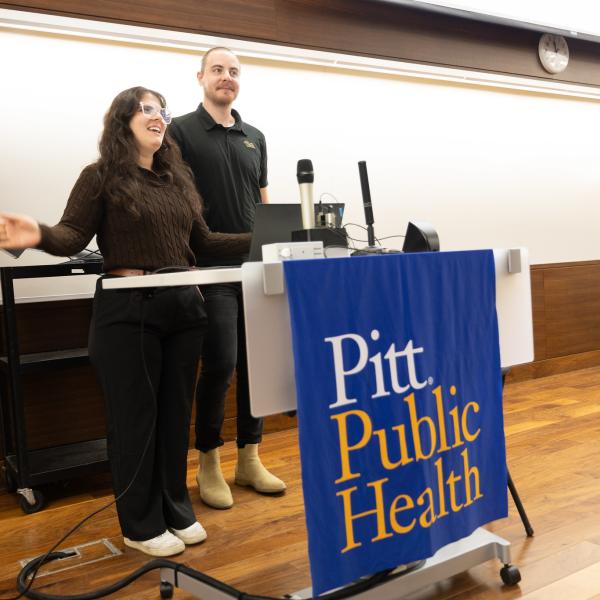The Amy Sain Memorial Scholarship Fund is a tribute to Amy Sain’s passion for genetic counseling and life and to the ways she inspired her classmates, colleagues, friends, and family. The scholarship fund will be used to provide financial support for students in the Genetic Counseling Program.
The M. Michael Barmada Endowed Fund in Human Genetics celebrates Mike Barmada's passion for the global dissemination of scientific knowledge, teaching, and the advancement of human genetics research. Contributions will support tuition, travel or other educational expenses for human genetics students at any level.










